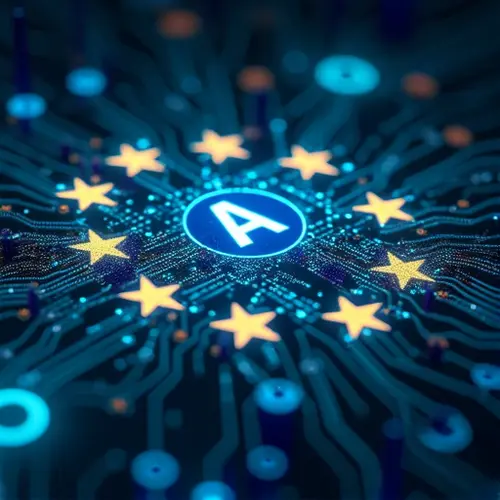European Union Implements Landmark AI Regulation
The European Union's Artificial Intelligence Act, one of the world's most comprehensive AI regulatory frameworks, has officially entered its enforcement phase as of September 2025. The legislation, which came into force in August 2024, establishes a risk-based approach to artificial intelligence governance across all 27 member states.
Risk-Based Classification System
The AI Act categorizes AI systems into four risk levels: unacceptable, high, limited, and minimal risk. Applications deemed to pose unacceptable risks, such as social scoring systems and real-time remote biometric identification in public spaces, are now completely banned across the EU. 'This represents a fundamental shift in how we approach AI governance - putting human rights and safety at the forefront,' stated Margrethe Vestager, Executive Vice-President of the European Commission.
High-Risk AI Requirements
High-risk AI systems, including those used in healthcare, education, critical infrastructure, and law enforcement, must now comply with stringent security, transparency, and quality obligations. Providers must conduct conformity assessments and implement human oversight mechanisms. These systems also require Fundamental Rights Impact Assessments before deployment.
General-Purpose AI Transparency
The regulation introduces specific provisions for general-purpose AI models like ChatGPT. Unless released under open-source licenses, these models face enhanced transparency requirements. High-capacity models trained with computational capabilities exceeding 10^25 floating-point operations must undergo thorough evaluations to assess potential systemic risks.
The European Artificial Intelligence Board has been established to promote cooperation between national authorities and ensure consistent enforcement. The Act applies extraterritorially, affecting global tech companies that serve EU customers. European Commission officials emphasize that the phased implementation allows businesses time to adapt while protecting fundamental rights.

 Nederlands
Nederlands
 English
English
 Deutsch
Deutsch
 Français
Français
 Español
Español
 Português
Português









